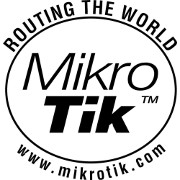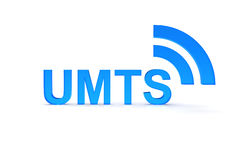Mikrotik

RouterOS supports many applications used by Internet service providers, for example OSPF, BGP, Multiprotocol Label Switching (VPLS/MPLS), OpenFlow. The product is supported by Mikrotik through a forum and a wiki, providing assorted and thematic examples of configurations. RouterOS supports Internet Protocol Version 4 (IPv4) as well as Internet Protocol Version 6 (IPv6). The software provides support for virtually all network interfaces that the Linux kernel 3.3.5 supports, except wireless, where the Atheros chipsets are the only supported hardware, as of RouterOS version 6.33.

